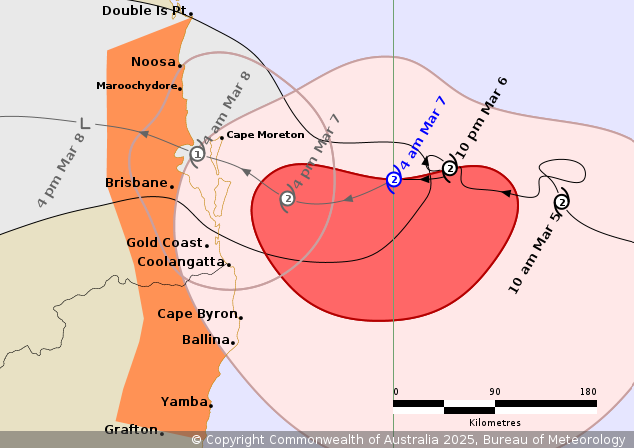
Guide to House Deposits & Conveyancers
Buying a house is a significant milestone in one’s life, and it often begins with a crucial step – making a deposit. This article will provide you with a comprehensive understanding of what a house deposit entails, particularly in the context of commercial properties. We will also explore the role of a conveyancer in the house-buying process, discover how to buy a house with minimal funds in Australia, and address common questions such as whether you need a conveyancer to buy a house.
Understanding House Deposits
What Is a House Deposit?
A house deposit is a lump sum of money that a buyer pays to the seller as a sign of commitment to purchase the property. It is a crucial part of the home-buying process and typically represents a percentage of the property’s total price. The deposit safeguards the seller against the buyer withdrawing from the deal without valid reasons.
How Much Should You Save?
The amount you should save for a house deposit varies depending on several factors, including the property’s price, location, and your financial circumstances. Typically, buyers aim for a deposit of 10% to 20% of the property’s value. However, in some cases, such as first-time homebuyers, lower deposit percentages may be accepted.
Commercial Property Deposits
Commercial properties, like residential ones, often require deposits. These deposits can be significantly higher due to the typically higher property values involved. Commercial property deposits may range from 20% to 30% of the property’s price. It’s essential to be well-prepared when entering the commercial real estate market.
The Role of a Conveyancer
Who Is a Conveyancer?
A conveyancer is a licensed professional who specializes in property transactions. They play a pivotal role in ensuring a smooth transfer of property ownership. Conveyancers handle various legal and administrative tasks, making the process less complex for buyers and sellers.
What Does a Conveyancer Do When Buying a House?
Conveyancers take on several responsibilities when buying a house. They conduct property title searches, review contracts, manage the settlement process, and ensure that all legal requirements are met. Their expertise helps prevent potential legal issues and protects your interests.
Do You Need a Conveyancer to Buy a House?
While it’s not legally required to hire a conveyancer when buying a house, their services are highly recommended. They can identify potential pitfalls, offer legal advice, and streamline the entire process, giving you peace of mind throughout the transaction.
Buying a House with Limited Funds in Australia
Exploring No Money Down Options
Buying a house with minimal funds is challenging but not impossible. In Australia, there are options like rent-to-buy and vendor finance that allow buyers to enter the property market with little to no deposit. However, these options come with their own set of risks and conditions.
Government Grants and Schemes
The Australian government offers various grants and schemes to assist first-time homebuyers. These programs can provide financial support and incentives to help you overcome the initial deposit hurdle. It’s crucial to research and take advantage of these opportunities when available.
Common Questions About House Deposits and Conveyancers
Do I Need a Conveyancer to Buy a House?
While it’s not mandatory, hiring a conveyancer is highly advisable. They bring expertise and ensure the legal aspects of the transaction are handled correctly, reducing the risk of complications.
How to Choose the Right Conveyancer
Selecting the right conveyancer is crucial. Look for experience, qualifications, and reviews from previous clients. A trustworthy conveyancer can make the process smoother and less stressful.
Tips for a Smooth House Buying Process
– Start saving for your deposit early.
– Research the property market thoroughly.
– Seek pre-approval for a mortgage.
– Communicate openly with your conveyancer.
Legal Aspects of House Deposits
Understanding the legalities of house deposits is essential. It’s vital to know your rights and obligations as a buyer, and a conveyancer can provide valuable guidance in this area.
Navigating House Deposit Contracts
Contracts related to house deposits can be complex. Having a conveyancer by your side ensures that you fully comprehend the terms and conditions, preventing any unwanted surprises.
Buying a house is a significant undertaking, and understanding house deposits and the role of a conveyancer is crucial. While it may seem daunting, with the right knowledge and preparation, you can navigate the process smoothly. Whether you’re a first-time buyer or a seasoned investor, remember that the right professionals and resources are available to assist you on your homeownership journey.
FAQs
1. **What if I can’t afford a 20% deposit for a house?**
– There are alternative financing options, such as lender’s mortgage insurance, that can help you secure a property with a lower deposit.
2. **Do conveyancers only work with residential properties?**
– No, conveyancers can assist with all types of property transactions, including commercial properties and land.
3. **What are the risks of buying a house with no money down?**
– Risks include higher interest rates, potential negative equity, and limited property choices.
4. **Can I change conveyancers mid-transaction if I’m not satisfied?**
– Yes, you have the right to change conveyancers if you’re not satisfied with their services, but it’s essential to consider the timing and potential costs.
5. **Is it possible to negotiate the deposit amount with the seller?**
– Yes, in some cases, you may be able to negotiate the deposit amount with the seller, but it depends on their willingness to agree to the terms.
In conclusion, understanding house deposits and the role of conveyancers is essential for a smooth house-buying journey. With the right knowledge and professionals by your side, you can confidently embark on the path to homeownership.
This is general advice only, for specific legal advice speak with your legal representative.




